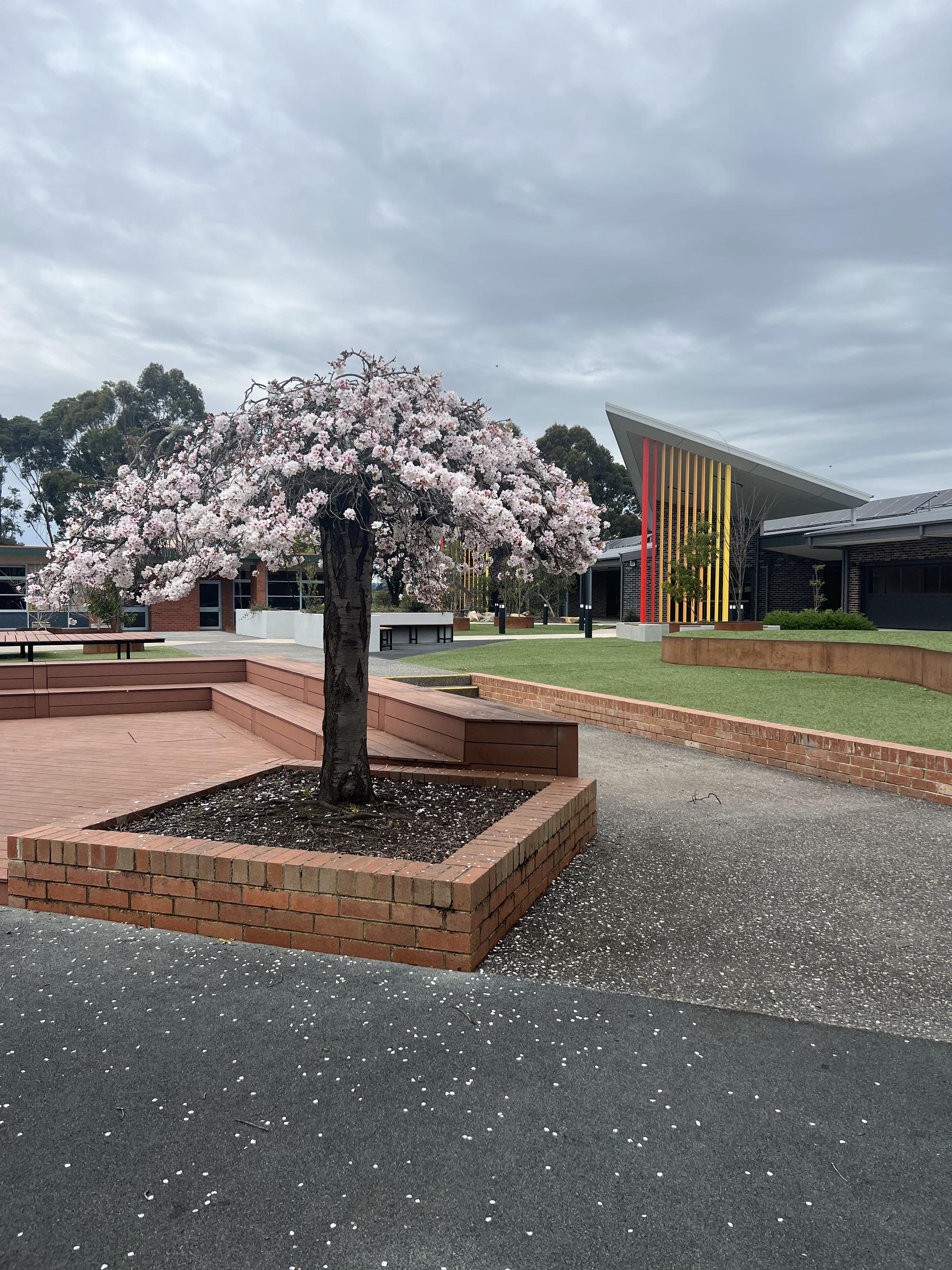How can we build respectful relationships?
When things don’t go well at school, there are several key questions we can ask the students in our conversations.
- Are you allowing others or yourself to be safe and feel safe?
- Are you learning and allowing others to learn to the best of their ability?
- Can you express how you feel about your learning?
- Are you taking responsibility for the choices you make?
If the answer is no, to all of the above, then a school has to work with the family, staff and students concerned to develop strategies to become well-formed young persons. Often building cognisance about respectful relationships at home and at school is a good starting point.
Parents and caregivers play a crucial role in nurturing respectful relationships in the hearts of all young people. In a world brimming with diverse perspectives and evolving dynamics, guiding children towards understanding, compassion and empathy is paramount. It is important to teach the nuances of communication, consent, boundaries, and equality. By fostering open dialogues and setting positive examples, we can equip young people with the tools to navigate friendships, family bonds and romantic connections with respect and kindness. Initiating these conversations is crucial to a child’s emotional and social development. Teaching respect from an early age, empowers young people to recognise and value their own feelings and those of others, cultivating an ongoing positive and harmonious approach to all relationships.
Empower confidence in Respectful Relationships by using these strategies.
- Set the Foundations: Begin early by modelling respect in your own interactions, showcasing how to treat others kindly and equitably
- Communication is Key: Teach children to express their thoughts and feelings honestly while listening actively to others. This will promote effective dialogue and understanding
- Boundaries and Consent: Help children understand personal boundaries and the importance of seeking consent in all interactions, fostering a sense of agency and mutual respect
- Empathy Education: Encourage children to imagine how others feel, developing empathy that forms the basis of compassionate relationships.
- Gender Equality Awareness: Discuss gender stereotypes, emphasising that everyone deserves respect regardless of gender, and debunk any biases.
- Conflict Resolution Techniques: Equip children with conflict resolution skills. Guide them to find peaceful solutions, compromise and learn from disagreements.
- Online Respect Guidelines: Instil digital etiquette, teaching kids to treat others online as they would in person and emphasise the impact of words on screens.
- Social Skills Development: Guide children in choosing friends who treat them respectfully and encourage them to reciprocate kindness and support.
- Highlight Red Flags: Educate kids about unhealthy relationship signs, enabling them to identify and address disrespectful behaviours.
- Respect Yourself First: Show unwavering love and acceptance, reassuring children that respect starts with valuing oneself. This will set the stage for respectful relationships with others.
For more about Respectful Relationships please go to MacKillop School TV
https://mackillopleongatha.catholic.schooltv.me/newsletter/respectful-relationships
